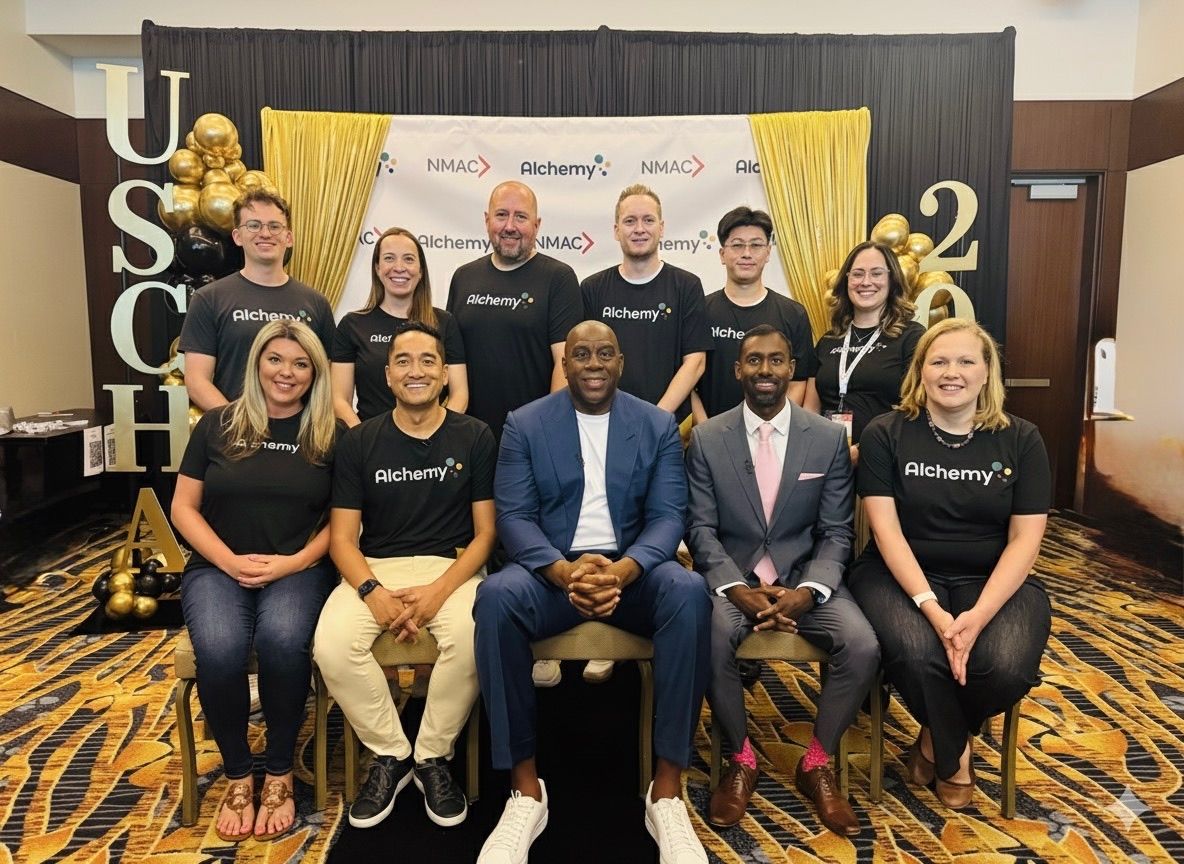In Part 1 of my conversation with Cody Turpin, CEO of Equality Health Group, we discussed the experience of being diagnosed with a life-altering virus, and the process of having to wait 6 months to see a provider, as Cody opens up about his journey navigating his HIV diagnosis.
Can you tell us about the time you got diagnosed and what that experience was like for you?
It was February the 13th, 2020. The doctor walked in, took his piece of paper from the health department that he had printed off, kind of threw it down and said, call the health department - you have tested positive for HIV. And I was shocked, I was nervous, I was scared, I was everything wrapped up all into one.
And I'm usually a pretty calm, collected guy. But at that point, you tend to lose it, and it didn’t help that the doctor had a bedside manner of a rock. I mean, he was terrible. And so from that point, I called the health department and started trying to navigate this system that is not set up to be patient friendly when you test positive for HIV.
As if there aren't enough roadblocks, say I was someone who didn't have health insurance, I wouldn't have been able to get help immediately, period. And so they told me “We're going get you into this one clinic, they said, but it will probably be about six months until you are seen.”
So imagine somebody saying, you've just been diagnosed with a life altering virus and it will be six months before we get you into the doctor. So, before I even could even take a breath, I made up my mind to move forward with opening up my own clinic, to provide a way to help people.
You said that [your HIV diagnosis] was something you did to yourself, what did you mean by that? And why did you get tested in the first place?
I mean that by not not being careful enough and using protection. In my particular circumstance, I was in a monogamous relationship [or so I thought], but come to find out I wasn't, and that was my mistake. And so that's what I mean by, I did it to myself. And what made me get tested was, I started to get sick. I had got more sick than I had ever been in my life and I thought I was going to die. I lost like 20 pounds, and I was like, I really need to get this figured out, I need to know what's going on here.
At first, I thought I had the flu, and then eventually I got better, and honestly, I think like anybody else in the world, you know, you lose 20 pounds, you think, oh man, that's great, but it didn't stop there, it kept going. My mom was like, “hey, you're losing weight. What's going on? Are you eating enough? Are you stressed?” But, you know, we carry so much stress in our lives that we blame it on that.
After your experience with that doctor, sounds like you wanted to change the status quo for patients. But before that, what was the process like navigating the healthcare system in Oklahoma?
My experience was terrible, it was actually the the nurse that gave me a little bit of comfort, It did not come from the doctor It was just very standoffish, It was very cold, It was un-inviting and I left there knowing that I was going have to find my own way, which was an awful feeling. There was nobody there to pat me on the back and say “it's gonna be okay.” There was nobody to explain that you can take a pill a day for the rest of your life, and be undetectable, and everything's going to be fine. And so, that's the void that we needed filled.
Why do you think that doesn't exist in today when the current state of HIV treatment is so advanced? And why is HIV still so stigmatized when it can be treated as routinely as high blood pressure or cholesterol?
I think just the remnants of what happened in the 80s and 90s and generationally, you know, what happened through that time combined with the lack of education. Whenever we explain undetectable equals untransmittable, people are taken aback and it's 2023.
When I was diagnosed, I had my own stigma because I thought I was going to die. Because when you get diagnosed with HIV, it's not just you you're worried about. You're worried about the people you slept with. You're worried about your friends, what they're going to think if they find out. You're worried about your mom, your dad, everybody. Because you don't want anybody to stop loving you because you have a disease that's so stigmatized. Being stigmatized is something even in 2023 that can have a detrimental effect on everyone.
And then the issues just kind of bleeds out into the community. You may be gay, then you have HIV, then you have all the complications that come with that, and then what if you're undocumented and and you're Hispanic, and you have no social security number, and then you don't know how to get the healthcare you need, and then there's no insurance company that will take you because you don't have a social security number Oh, and then you don't speak English. You know how many barriers that is?
So we make it easy and that's why we do what we do.







